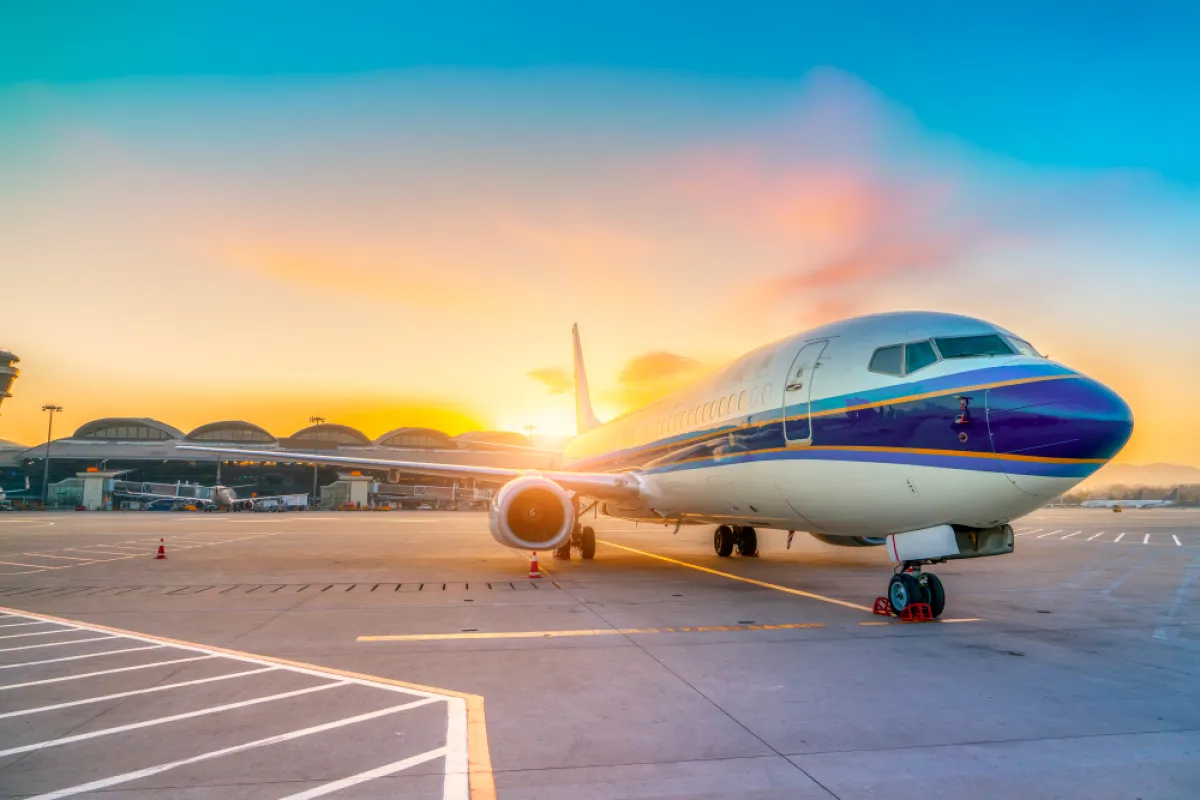
The draft law of the ReFuelEU Aviation initiative, one of 14 legislations under the Fit for 55 package in line with the European Green Deal policy, stipulates continuous measures by the European Commission (EU) to address the issue of global warming. It is one of the environmental measures that steer the direction of today's global industries. The draft law requires an increase in the proportion of sustainable aviation fuel (SAF) blended with jet fuel for airlines landing at airports of EU member countries to reduce carbon dioxide emissions from the aviation industry. SAF can be used in aircraft without requiring any engine modification or alteration.
This approach is similar to blending biodiesel with diesel fuel for engine propulsion. SAF is a blend of synthetic and biofuels produced from natural raw materials such as bio-waste and used cooking oil to reduce pollution from aviation that impacts the environment, such as noise and air pollution, and can help further reduce carbon dioxide emissions.
The aviation industry is one of the industries that emits up to 2.5% of carbon dioxide emissions and contributes to a 14% increase in greenhouse gas emissions (GHGs) in the atmosphere.
Under this draft law, airlines are required to increase the blend ratio of SAF with jet fuel to 2% in 2025, 5% in 2030, 20% in 2035, 32% in 2040, 38% in 2045, and 63% in 2050, respectively. Failure to comply will result in fines, which will contribute to the new Sustainable Aviation Fuel Fund and stimulate the development of aviation technology research with zero pollution. It also requires EU airport operators to report the use of SAF by aircraft landing at their airports.
Such measures have implications for Thai aircraft landing at EU airports, which must comply with this law when it comes into effect.
Several countries in the EU have already started to mandate the use of SAF blends in their national aviation businesses. For instance, Sweden has gradually started using SAF, aiming to reach 27% by 2030.
Thai airlines, which operate routes to seven EU countries including Sweden, Denmark, Germany, Switzerland, Belgium, France, and the United Kingdom, should prepare to increase the use of SAF blends to avoid impacts on their business and aircraft maintenance services in Thailand.
Currently, Thailand's aviation fuel industry has started to focus on the production of SAF to cater to increasing international flights and support the Thai aviation industry in reducing carbon dioxide emissions, aligning with the goal of reducing GHGs by 40% by 2030 according to the Thai Greenhouse Gas Reduction Action Plan 2021 - 2030 (NDC Action Plan on Mitigation) under the Paris Agreement in the United Nations Framework Convention on Climate Change.
Business operators involved in the aviation and aviation fuel industries can follow the latest information about the related non-tax-related trade policies from this website.
Source: Department of Trade Negotiations, Ministry of Commerce
Tel. +66 2507 7572